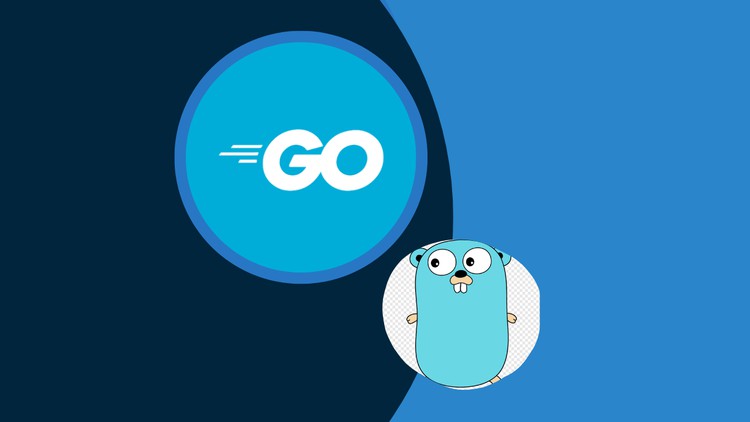
Golang for beginners
What you will learn
Build and leverage your power
you can give the answers of questions while interview
protect yourself from others influence
build and leverage relationships for greater influence
Description
Welcome to the Golang for Beginners course! This course is designed to help you learn and understand the fundamentals of the Go programming language, also known as Golang.
Go is a relatively new programming language that was created at Google in 2007. It was designed to be fast, efficient, and easy to use. Go has become increasingly popular in recent years and is widely used in a variety of applications, including web development, network programming, and system administration.
In this course, you will learn the basics of Go programming, including data types, variables, functions, and control structures. You will also learn about more advanced topics, such as pointers, structs.
Throughout the course, you will work on hands-on projects and assignments to reinforce your learning. By the end of the course, you will have a solid understanding of the Go programming language and be able to create your own Go programs from scratch.
Some of the topics covered in this course include:
- Basic syntax and data types in Go
- Working with variables and constants
- Control structures and loops
- Functions and methods
- Pointers and arrays
- Structs
Whether you are a beginner programmer looking to learn a new language or an experienced developer looking to add a new skill to your toolbox, this course is perfect for you. Join us on this exciting journey to learn Golang and start building your own applications today!
Content